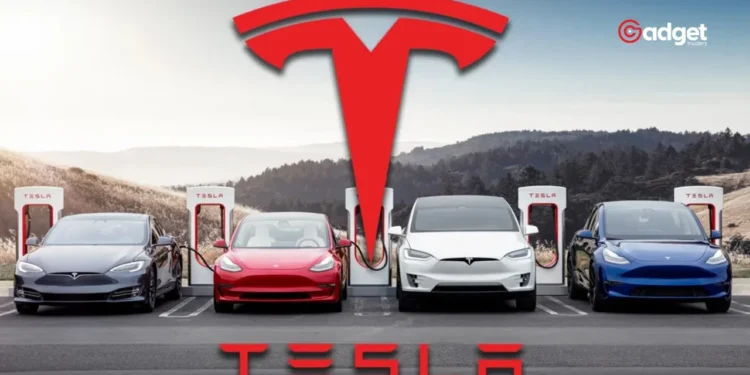Tesla has long positioned itself as a pioneer in the shift towards sustainable energy, continuously pushing the boundaries of what electric vehicles (EVs) and renewable energy solutions can achieve. Their recently released 2023 Impact Report sheds light on the tangible benefits of their innovations, not just for individual users but for the planet as a whole.
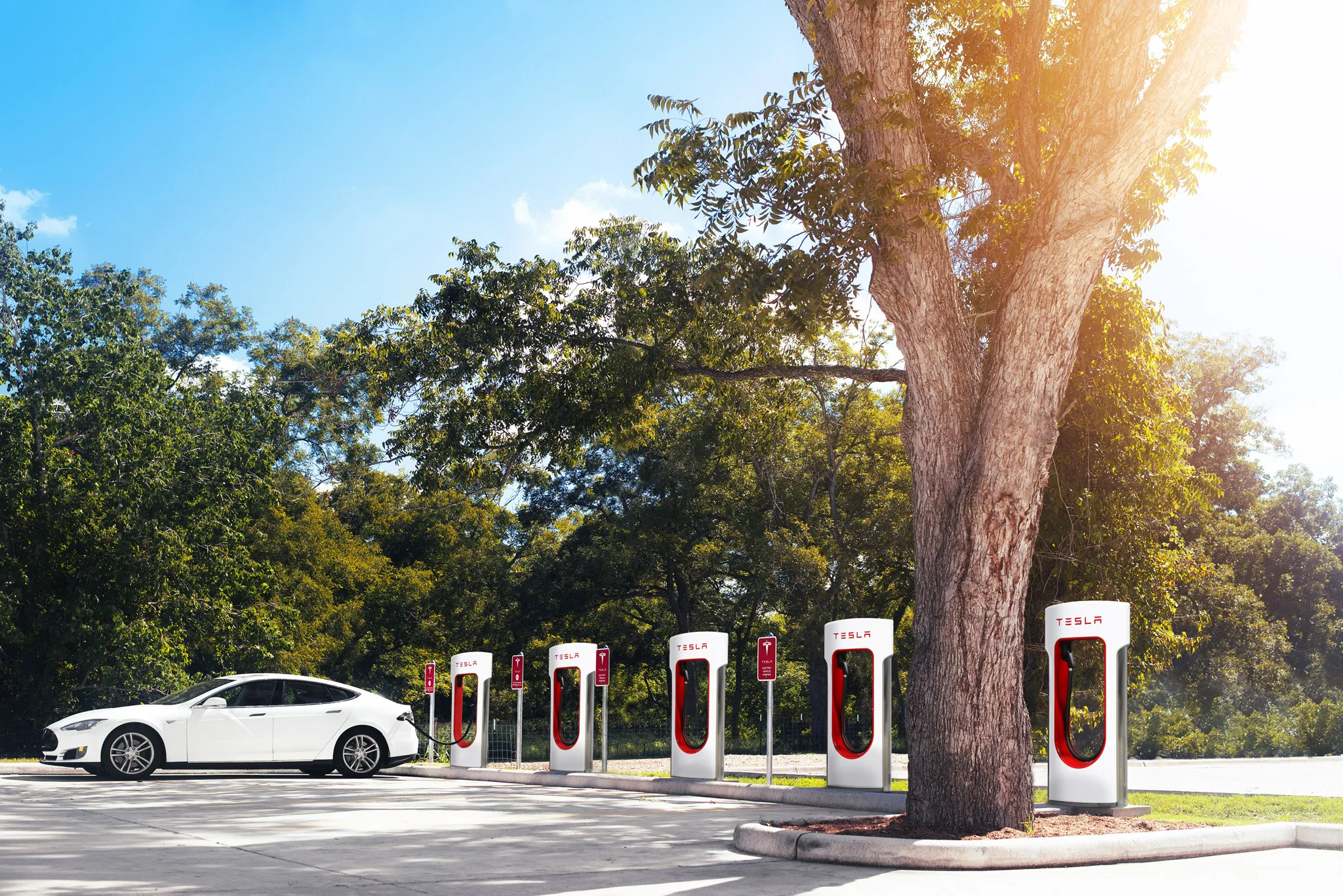
Disrupting Traditional Energy Models
Tesla’s holistic approach to renewable energy and transportation is markedly reducing the world’s dependence on fossil fuels. In 2023, Tesla’s product range, which includes their EVs, Powerwall, and Solar Roof, helped prevent approximately 20 million metric tons of CO2e emissions. To put that into perspective, this equates to avoiding over 51 billion miles driven by an average internal combustion engine vehicle.
It’s compelling to note that each Tesla vehicle on the road avoids emitting an average of 51 tons of CO2e. A Tesla’s lifetime emissions become lower than those of a comparable internal combustion engine vehicle after just three years. After 17 years—the average lifespan of a vehicle in North America—a Tesla will have exceeded the emissions savings of a traditional vehicle by 5.5 times.
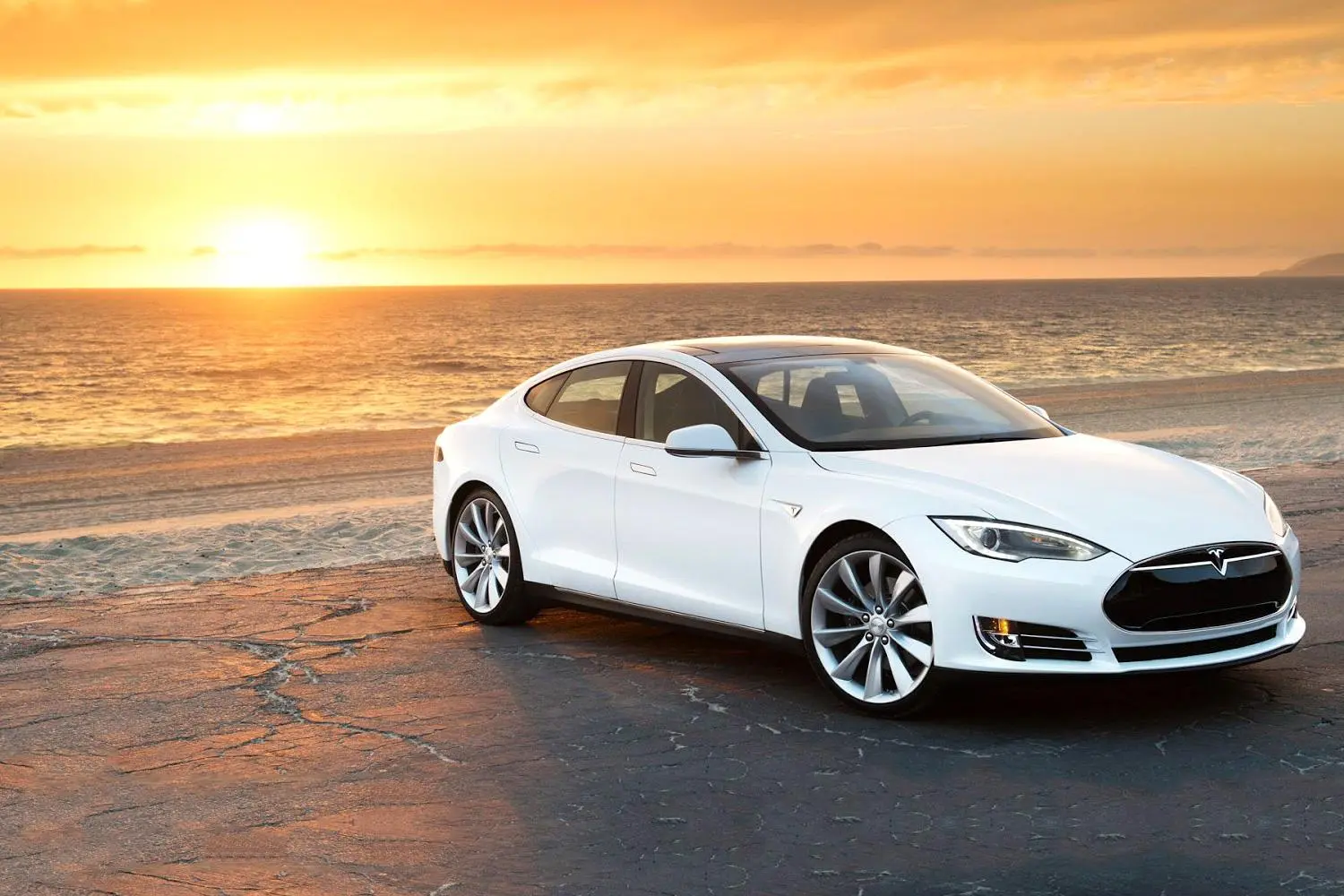
A Comprehensive Ecosystem for Clean Energy
Tesla’s integrated ecosystems are designed to meet a broad range of clean energy and transportation needs. From Megapack and Solar Roof to Powerwall and its diverse vehicle lineup including the Model S, 3, X, Y, and Cybertruck, Tesla not only produces electric vehicles but also generates renewable energy to power them.
This cycle is further enhanced by Tesla’s proprietary software like Autobidder and Full Self-Driving, including the anticipated Robotaxi, which maximizes the productivity of stored electricity and displaces more fossil fuels within a single, efficiently designed ecosystem.
Leading the Charge in EV Technology
In terms of sales and efficiency, company’s Model Y continues to lead as the world’s best-selling vehicle in 2023. Its popularity is expected to persist into 2024, driven by its status as the most efficient EV equipped with Autopilot/FSD, and its recognition as a top safety pick in both North America and Europe. Furthermore, Tesla vehicles are 7.63 times safer on average when operated on Autopilot compared to traditional vehicles. Financially, the Model Y also presents a compelling case; it is priced $3,000 below the average new vehicle in the US, a difference that extends to $17,000 after considering federal EV tax credits and gas savings over five years.
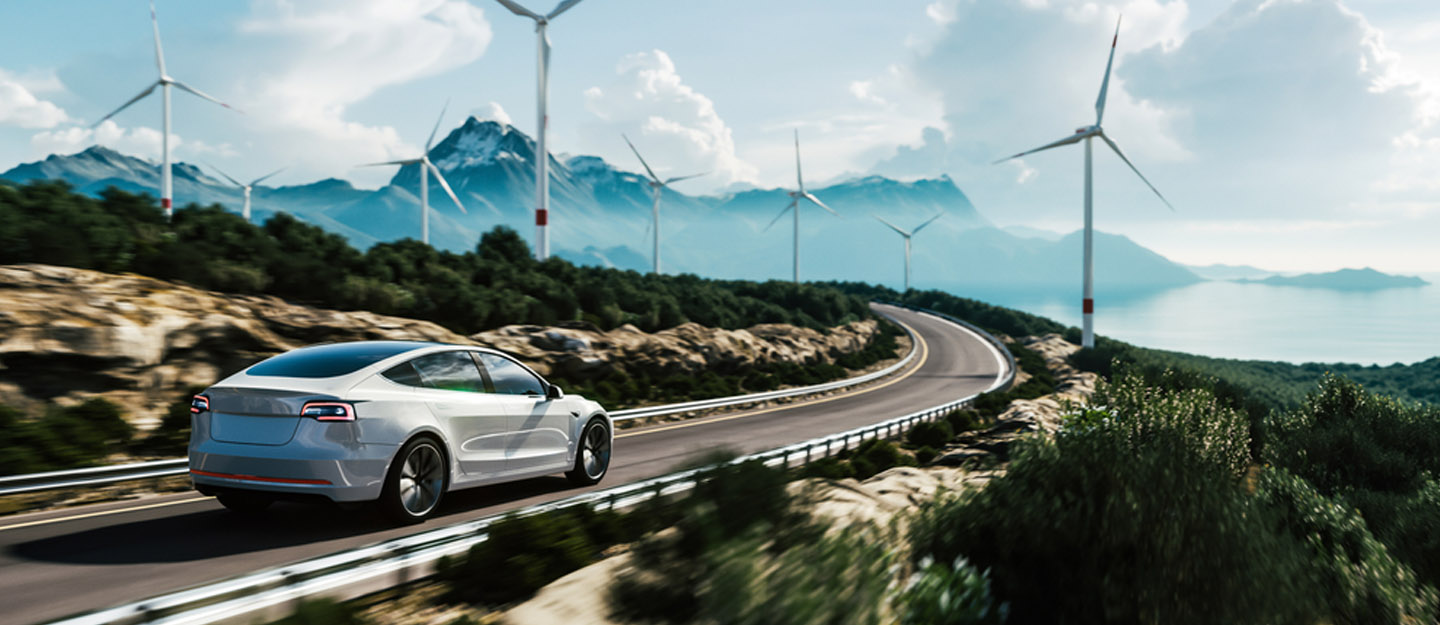
Addressing Battery Longevity Concerns
One of the common critiques against EVs revolves around battery degradation and its environmental impact. Contrary to popular belief, Tesla’s batteries show only about 15% degradation after 200,000 miles. Interestingly, they perform better in colder climates, such as Canada, compared to warmer regions. Moreover, The company’s vehicles are significantly safer in terms of fire incidents, being eight times less likely to catch fire compared to the US vehicle average, which further dispels myths about EV safety.
Pioneering Sustainable Production Practices
The company is not only advancing in product development but also in sustainable production practices. In 2023, company’s efforts in recycling and sustainable sourcing allowed for the recovery of enough battery materials to produce 43,000 Model Y RWD vehicles. Their Gigafactory in Berlin is powered entirely by renewable energy, showcasing a commitment to green manufacturing processes. The company has also achieved a 25% reduction in water usage over the past five years in vehicle production, setting new industry standards for sustainability in manufacturing.
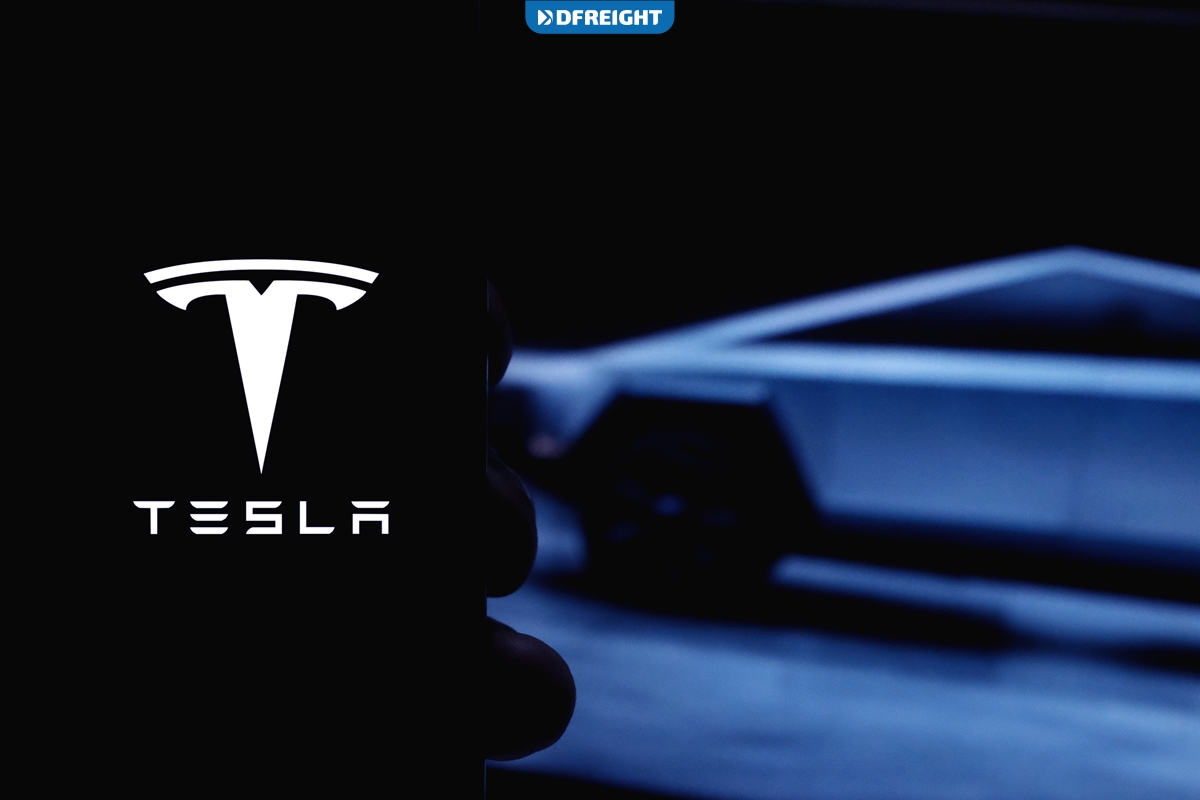
Tesla’s 2023 Impact: Shaping Sustainable Transportation
Tesla’s 2023 Impact Report is more than a testament to technological advancement; it’s a blueprint for the future of sustainable transportation and energy consumption. By continuing to innovate and challenge traditional automotive and energy industries, Company is not only shaping the future of mobility but also helping to secure a cleaner, more sustainable planet for future generations.

